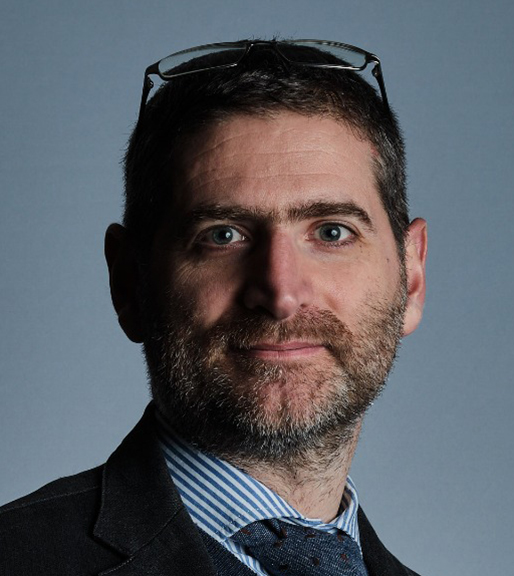Moving Toward Anti-Separation of Religion and State: Frank Ravitch on the Current U.S. Supreme Court
Frank Ravitch (Michigan State University College of Law) discusses America’s shift from moderate separationism to an anti-separationist approach to religion-state relations. According to Ravitch, the victimhood of social conservatives not only drives the Supreme Court’s current majority to an increasingly anti-establishment stance but also results in strong politicization of the Court and its decisions. Ravitch explains how recent First Amendment decisions, including Mahmoud v. Taylor (more because of bias evident in the majority opinion rather than the decision itself), contribute to this trend and predicts that the Court will eventually overturn Smith v. Employment Division and constitutionalize Burwell v. Hobby Lobby. He also touches on an alternative approach to both the current anti-establishment drift and radical separationism.


